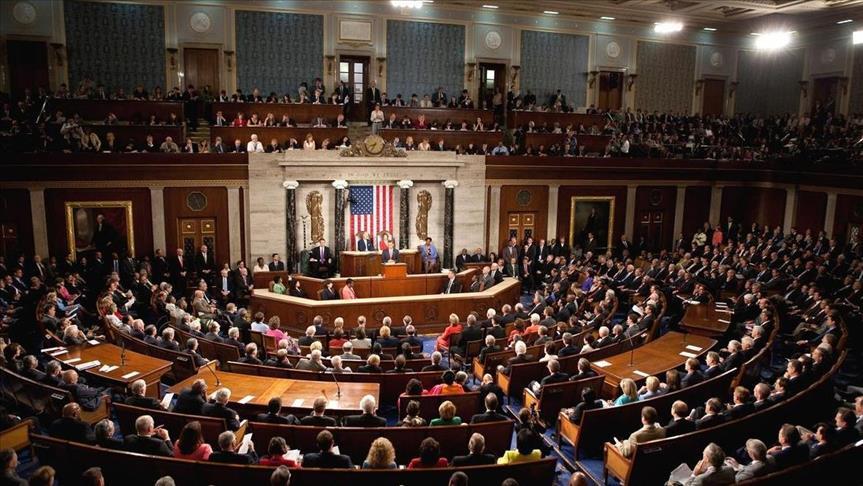-
Tips for becoming a good boxer - November 6, 2020
-
7 expert tips for making your hens night a memorable one - November 6, 2020
-
5 reasons to host your Christmas party on a cruise boat - November 6, 2020
-
What to do when you’re charged with a crime - November 6, 2020
-
Should you get one or multiple dogs? Here’s all you need to know - November 3, 2020
-
A Guide: How to Build Your Very Own Magic Mirror - February 14, 2019
-
Our Top Inspirational Baseball Stars - November 24, 2018
-
Five Tech Tools That Will Help You Turn Your Blog into a Business - November 24, 2018
-
How to Indulge on Vacation without Expanding Your Waist - November 9, 2018
-
5 Strategies for Businesses to Appeal to Today’s Increasingly Mobile-Crazed Customers - November 9, 2018
US Congress votes to allow 9/11 families to sue Saudi Arabia
The bill, which the Senate passed unanimously in May, now goes to the desk of President Barack Obama, whose spokesman in May said he couldn’t imagine him signing it because he has concerns about other countries retaliating by suing the United States. If the door is opened for US citizens to take the Saudis to court, then a foreign country could in turn sue the United States, the Obama administration has cautioned.
Advertisement
If Mr Obama carries out his veto threat and the required two-thirds of both the Republican-majority House and Senate still support the bill, it would be the first time since his presidency began in 2009 that Congress had overridden a veto.
Ryan, R-Wis., sought to avail concerns the legislation will imperil US interests. But the administration says it’s concerned about threats of economic retaliation from Saudi Arabia and the possibility of other countries making changes to their own immunity laws in a way that would hurt American interests overseas.
“It’s gratifying to see that when something is overwhelmingly in the interests of the American people, bipartisan action can happen”, said Jerry S. Goldman, attorney for several 9/11 families.
The Saudi Foreign Minister has previously said that Saudi Arabia’s opposition to the bill was based on basic principles of sovereign immunity. “I find this argument unpersuasive”, Nadler said.
In April, Earnest said it was “difficult to imagine a scenario in which the President would sign the bill as it’s now drafted”. “The United States does not engage in worldwide terrorist activity”.
Champions of the bill were pushing for a vote on it before the 15th anniversary of 9/11, coming up on Sunday. Chuck Schumer, D-N.Y., a sponsor of the Senate bill.
Supporters of the legislation have said that countries that have done nothing wrong and don’t support terrorists shouldn’t be concerned about effects of the legislation. He said Riyadh had warned that investor confidence in the US would shrink if the bill became law.
“In fact what they [Congress] are doing is stripping the principle of sovereign immunities which would turn the world for worldwide law into the law of the jungle”, Minister Adel Al-Jubeir said in May in a statement”.
Ties between Saudi officials and terrorists behind the 9/11 attacks were exposed when United States lawmakers released 28 secret pages of a congressional investigation. The allegations were never substantiated by later USA investigations into the terrorist attacks. The papers did not significantly add to information that was publicly disclosed in other reports and documents.
“The legislation gives the victims’ families access to the courts, to the rule of law”.
Advertisement
Adel al-Jubeir, the Saudi foreign minister, delivered the kingdom’s message personally in March during a trip to Washington, telling lawmakers that Saudi Arabia would be forced to sell up to 750 billion US dollars in treasury securities and other assets in the United States before they could be in danger of being frozen by American courts, The New York Times reported. The US and Saudi are now involved in efforts against Isis, while the US is supporting Saudi Arabia military operation against rebels in Yemen. Washington has also warned of the possibility of major diplomatic and economic fallout with the Saudis if the legislation passes. The Saudi-led coalition has been carrying out airstrikes in Yemen since March 2015.





























